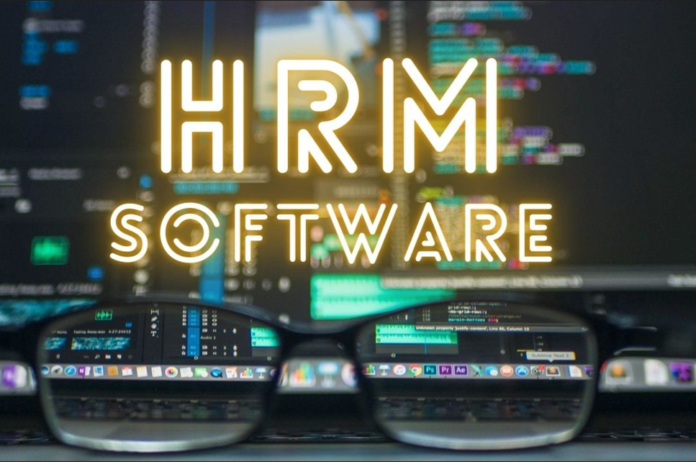Choosing the right HR software vendor is a critical decision for any organization. The right HR software can streamline operations, enhance employee engagement, and improve overall productivity. However, with numerous options available, selecting the best vendor can be daunting. Here are the top three things to look for when selecting your HR software vendor:
- Comprehensive Features and Customizability
When evaluating HR software vendors, it’s essential to assess the range of features they offer and their ability to customize solutions to meet your specific needs. Key aspects to consider include:
Core HR Functions
Ensure the software covers essential HR functions such as payroll, time and attendance, benefits administration, and employee records management. Comprehensive solutions help reduce the need for multiple systems, streamlining HR operations.
Talent Management
Look for features that support recruitment, onboarding, performance management, and learning and development. These tools are crucial for attracting, retaining, and developing top talent.
Customizability
Every organization has unique requirements. The software should be customizable to adapt to your specific workflows, policies, and reporting needs. This flexibility ensures that the software grows with your organization and continues to meet evolving needs.
User Experience
An intuitive and user-friendly interface is vital for high adoption rates among employees and HR staff. Software that is difficult to use can hinder productivity and lead to frustration.
- Integration Capabilities
The ability of the HR software to integrate with other systems used within your organization is another crucial factor. Integration capabilities determine how well the new system will fit into your existing technology ecosystem and how seamlessly data can flow between systems. Consider the following:
Existing Systems Compatibility
Verify that the HR software can integrate with your current systems, such as payroll, accounting, and ERP systems. This ensures that data can be shared easily and reduces the risk of errors from manual data entry.
API Availability
An open API (Application Programming Interface) allows for easier integration with other software applications. This is particularly important if you plan to use the HR software in conjunction with other tools and systems.
Third-Party Integrations
Check if the software supports integrations with popular third-party applications, such as applicant tracking systems (ATS), learning management systems (LMS), and employee engagement platforms. These integrations can enhance the functionality of your HR software.
- Vendor Support and Reliability
The support and reliability provided by the vendor are critical for the successful implementation and ongoing operation of HR software. Consider the following factors:
Customer Support
Evaluate the quality and availability of customer support. Look for vendors that offer 24/7 support, multiple contact methods (phone, email, chat), and dedicated account managers. Prompt and effective support is crucial for resolving issues quickly and minimizing downtime.
Implementation and Training
Assess the vendor’s implementation process, including the support provided during the setup phase. Comprehensive training for your HR team and end-users is essential for smooth adoption and efficient use of the software.
Reputation and Reviews
Research the vendor’s reputation in the market. Read reviews and testimonials from other clients to gauge their satisfaction with the software and the vendor’s support services. A vendor with a strong track record and positive customer feedback is more likely to be reliable.
Service Level Agreements (SLAs)
Review the SLAs offered by the vendor to understand their commitment to uptime, issue resolution, and other critical metrics. A strong SLA provides peace of mind that the vendor will meet their service commitments.
Conclusion
Selecting the right HR software vendor involves careful consideration of the features offered, integration capabilities, and the level of support provided. By focusing on comprehensive features and customizability, ensuring smooth integration with existing systems, and evaluating the vendor’s support and reliability, organizations can make an informed decision that aligns with their HR strategy and operational needs. The right HR software can significantly enhance HR processes, improve employee experience, and drive organizational success.

